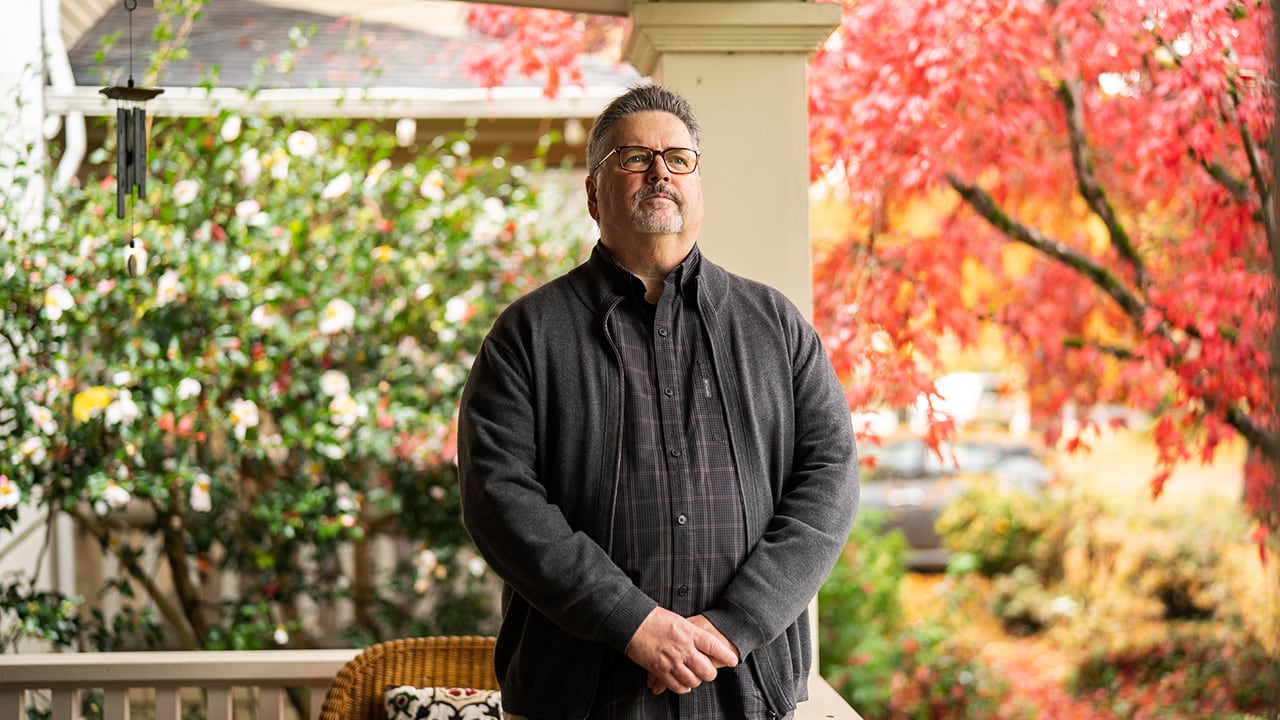David Machado is still astounded by how rapidly it all went downhill.
In the days leading up to the mid-March lockdown, business was booming at his five restaurants. You would have been lucky to snag a barstool at Altabira on March 11. The dining room on the top floor of Hotel Eastlund was packed with people pregaming before heading a few blocks west to Moda Center for Tool's Portland stop on their 2020 tour.
The scene was similar downtown at Nel Centro. Waits for tables were normal at the 11-year-old, French-meets-Italian eatery, but were made longer in early March thanks to a staging of Frozen at nearby Keller Auditorium.
One evening, things were so hectic that when Machado made his regular round of calls to the restaurants checking in, no one had time to talk.
And just like that, every single one of those businesses went dark.
"It ended abruptly," Machado explains. "I often ask myself, if the industry was so strong—if we were so vital to the success of Portland as a municipality, for tourism, for conventions—how come we ended so fast? It was like we were knocked over with a feather."
Machado, who has worked in the restaurant industry for more than 40 years, 30 of those in Portland, was considered a pillar of the city's culinary scene. It took only two months for COVID-19 to topple everything.
The restaurateur permanently closed his entire portfolio—Nel Centro, Altabira, Citizen Baker, Tanner Creek Tavern, and Pullman Wine Bar & Merchant—in May. The announcement knocked the wind out of anyone who took even a casual interest in the local food landscape. Up until that point of the pandemic, around a dozen independent bars, cafes and restaurants based in Portland had called it quits. Machado's was the first big restaurant group to fold, serving as the first big sign that the global health crisis could cripple the service industry, particularly those businesses reliant on traffic from large-scale events. Because of the virus, no one is a ticketholder for the foreseeable future.
"We were part of a greater societal fabric," says Machado. "We were bigger places and busy places because we had a lot of people coming for reasons. They were traveling, they were going to a show, they were going to a Blazer game. All of those feeders stopped working."
At the start of this past unsettled spring, Machado remained optimistic. With the governor-ordered shutdown looming, he began devising contingency plans for every property: shrinking the menus, lopping an hour off of operating times, sending employees home a little early. But all of that juking wasn't getting him anywhere.
"Each day that the plan was written," Machado says, "in a few days it was obsolete."
So he decided to temporarily close rather than experiment with—and potentially botch—takeout service.
"You've gotta know what your strengths are," Machado explains, "and that wasn't one of our strengths."
Without customers to bring plates to, his crews doubled down on the other half of their training: giving the restaurants a thorough scrub.
"The expectation was that if we continued to clean and fix and organize, that by the time we were done we would have a horizon," he says. "I remember saying to people, 'I'll see you back here in…,' and I think I even gave a stupid date that was, like, three or four weeks away."
But a month came and went, and the restaurants didn't reopen. Machado's longtime director of operations delivered the sobering news.
"He came to me and said, 'I did the math. There's no pathway back,'" Machado recalls. "'If we move all the tables and we change the hours and we shorten the menu, it doesn't work. We can't get back.'"
Every tool available to try to increase sales under normal conditions—revamp the dishes, improve hospitality—wouldn't help in a pandemic. And so Machado, at 65 years old, decided to call it a career.
When everything he worked for his entire adult life was suddenly gone, it would be easy to assume that Machado is despondent, or even resentful. But when asked about the staggering loss, his response takes a buoyant turn.
"You walk around in pajamas for about two months," he says with a laugh. "I had to make a decision early on whether I was going to be devastated or angry. I had a really good run. I had a lot of success and great relationships."
While he may not be bitter, Machado is worried. Even before the newly instituted on-premises dining "freeze," he saw a city teetering on the edge and no clear solutions to shore up institutions like restaurants and bars that have enhanced its character and way of life.
"I'm more troubled about what's happened to Portland," Machado says. "I'm more unhappy about the prospects of fixing this, for going forward. I'm unhappy about the collapse of the industry I helped build. I'm at a bit of a loss for a path back."
He can, however, point to who is most likely to find the way: scrappy, young chefs and restaurant owners. Machado believes they are best poised to develop new models that those who've been in the field for decades may be too set in their ways to discover.
Machado puts himself in the latter group. And he's OK with that. The restaurateur will retire knowing that he kept people fed and boozed during some of their happiest moments: before plays, during birthday celebrations, after Blazer game wins. That's more than enough for him to find no need to dwell on the final two months of business.
"I didn't get into too much crying or bellyaching about the bad things that happened," he says. "I would then be destining myself to be an older, upset person. I just couldn't do that, because everything has been so great up until it ended."
Portland's Restaurants Were Hanging on by a Thread. What Will They Do in a Holiday Freeze?
